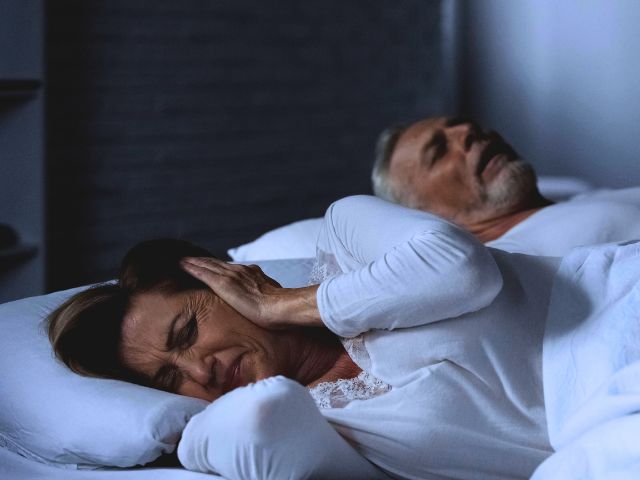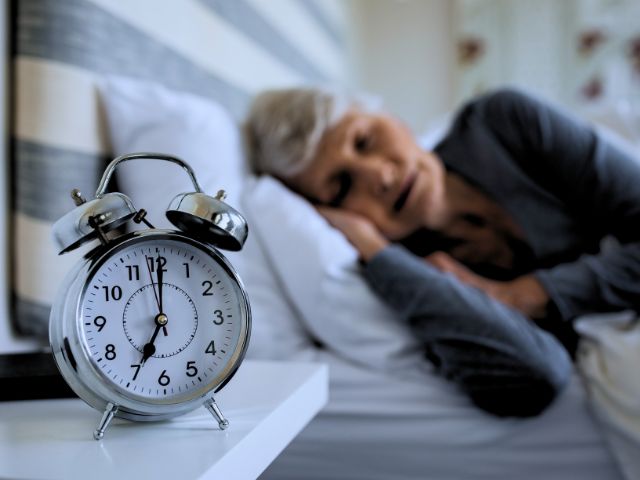Aging and the Effects of Sleep
It is common for older adults to experience changes in the quality and length of their sleep. Many of these changes occur due to changes in the individual’s circadian rhythms.
Circadian rhythms are twenty-four-hour daily cycles. Circadian rhythms influence when a person gets hungry when the body releases certain hormones, and when a person feels sleepy or alert.
When properly aligned, the circadian rhythm can promote consistent and restorative sleep. However, when the circadian rhythm is thrown off, it can create significant sleep issues.
Light is one of the most powerful cues for maintaining circadian rhythms and many older people have insufficient exposure to daylight. Changes in hormone production, such as melatonin and cortisol, may also disrupt sleep in older adults.
As people age, the body secretes less melatonin, which is normally produced in response to darkness and assists in promoting sleep.








